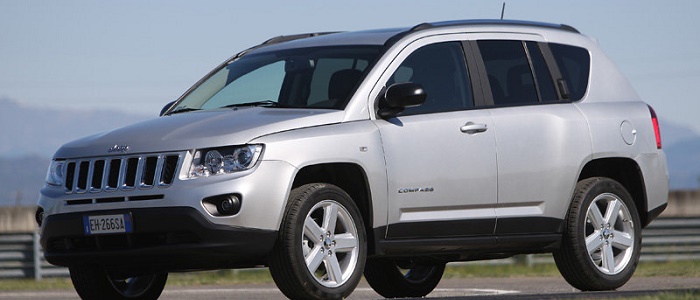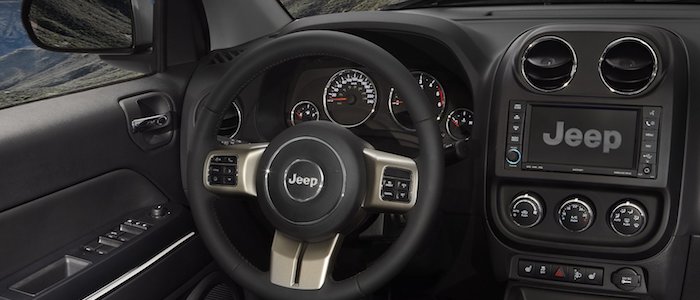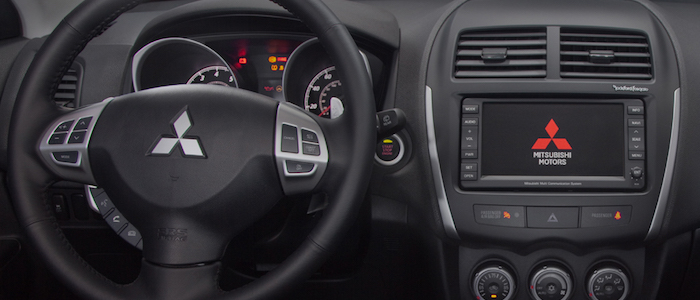Compare two cars
Compare any two cars and get our Virtual Adviser™ opinion
Marketing
Dimensons & Outlines
Engine
Performance (manual gearbox)
Performance (automatic gearbox)
Expenses
Virtual Adviser's™ opinion
Well, these are two pretty similar cars we have here! It's only details that could potentially make the difference. Considering they both belong to the suv segment and utilize the same 5-door suv body style and the front wheel drive system, it all comes up to the specific petrol engine choice they offer. The first one has a Chrysler-engineered powertrain under the hood, a 4-cylinder, 16-valves 156hp unit, while the other one gets its power and torque from a 4-cylinder, 16-valves 147hp engine designed by Mitsubishi.
SafetyA starting point here would be to take a look at the results from European New Car Assessment Programme (Euro NCAP) tests which were performed on both of the cars, with the Mitsubishi displaying significantly better structural stability. Moving further on, let's take a closer look at some additional safety-related facts. Both vehicles belong to the suv segment, which is generally a very good thing safety-wise, but it doesn't do much to help us decide between the two. On the other hand, if we'd like to consider vehicle mass in this context too, which we definitely should, the Japanese car offers a marginal difference of 3% more metal.
ReliabilityReliability is not the best thing to consider on the make level, but it is worth mentioning that Mitsubishi does have a slight advantage, when all the models are taken into account. These are the official statistics, while our visitors describe reliability of Jeep with an average rating of 4.0, and models under the Mitsubishi badge with 4.6 out of 5. Unfortunatelly, I don't have enough insight that would allow me to comment in more details on the specific models level. Above it all, drivers of cars with the same engine as the American car rank it on average as 3.5, while the one under the competitor's bonnet gets 3.0 out of 5.
Performance & Fuel economyJeep is a bit more agile, reaching 100km/h in 0.2 seconds less than its competitor. Still, it lacks the power to win the top speed competition, topping at 180 kilometers per hour, 4km/h less than the other car. When it comes to fuel economy things look pretty much the same for both cars, averaging around 7.6 liters of fuel per 100 kilometers (37 mpg), in combined cycle.
Verdict
Mitsubishi appears just a bit more reliable, although the difference is truly marginal. The most important thing when deciding between any two vehicles should always be safety, both passive and active. In my opinion, everything taken into account, the Japanese car beats the other contender by far, making it the best choice without even considering other things. From there things take a different direction, with Jeep offering somewhat better performance, just enough to call it quicker. It does come at a cost though, and that's the fuel consumption... All together, there's not much more to say, in this case I wouldn't even consider anything but Mitsubishi. In any case that's my personal view, built upon all the data available to me. What should decide here though is the way you feel about the two vehicles, and I hope you'll find my guidelines useful in the process. Also, you could use the oportunity to find out which car, everything taken into account, would be the perfect choice for you in the eyes of the virtual adviser™, among thousands of similar, yet so different vehicles.

































